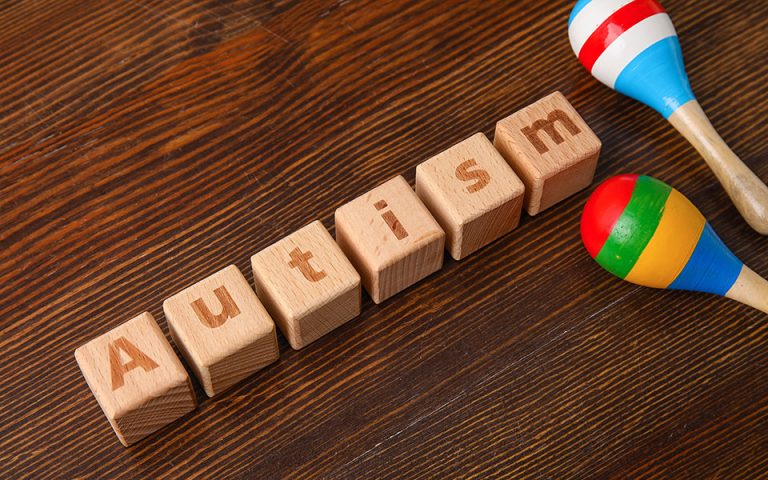People used more prosocial language on social media during an eclipse - but it's unclear whether this translates to changes in behaviour.
By Emily Reynolds
Astronomical events such as solar eclipses have mesmerised humanity throughout history. And while we now understand the science behind these occurrences far better than we did hundreds or thousands of years ago, and are far less likely to draw religious or mystical connotations from them, they still act as communal events of excitement and awe.
A new paper in Psychological Science from Sean Goldy and colleagues at the University of California, Irvine,explores these feelings in the wake of the 2017 solar eclipse. It finds that those who witnessed the eclipse expressed more awe and more prosocial language than those who did not, and argues that astronomical events could motivate more collective attitudes.
In the first study, the team analysed a dataset containing over 8 million tweets about the 2017 solar eclipse, which was visible across the United States. To explore the impact of the event, the team compared tweets from the day of the eclipse made by users who were in its path with tweets made by those who were not in the path and were therefore not able to see it in person.
To capture experiences of awe, the researchers developed an ‘awe dictionary’, containing words like ‘awe’, ‘sublime’, ‘transcendental’ or ‘mind blowing’. Each tweet in the set was also coded for prosocial words such as ‘care’ or ‘volunteer’, as well as for words indicating social connection, such as ‘ally’, ‘friend’, or ‘togetherness’. Uses of first-person singular (I, me) and first-person plural pronouns (we, us) were also noted.
The results showed that those in the path of the eclipse were more likely to use words relating to awe, indicating (unsurprisingly) that it was an awe-inspiring thing to witness. Those in the eclipse’s path were also more likely to use prosocial language and language related to social connection, and also used more ‘we’ words and fewer ‘I’ words than those not in its path. Further analysis suggested that awe explained the relationship between being in the eclipse’s path and levels of social language: that is, experiencing awe was the factor that motivated the use of collective and prosocial language.
In the second study the team looked at tweets written before, during and after the eclipse in order to understand whether feelings of awe and sociality shifted over the course of the event. To do this, the team analysed the language in tweets from accounts based in specific American cities in the path of the eclipse.
The researchers identified three groups of people: those who expressed increased awe tweets on the day of the eclipse, those who expressed fewer awe tweets during the event, and those who expressed very low levels of awe throughout.
People whose expressions of awe increased during the eclipse also showed an increase in the use of prosocial, collectively-focused and humble language, while the other two groups did not. This suggests, as the first study did, that feeling awe during an eclipse is connected to collectivity and prosocial attitudes towards others.
So, overall, the 2017 eclipse was associated with increased levels of awe, and increased prosocial and collectivist language. The team suggest that awe-inspiring events “can arouse tendencies – from greater attention to one’s groups to motivations for care for and affiliate with others – vital to collective life”.
However, whether people actually changed their behaviour due to the eclipse is unknown; similarly, eclipses, whilst awe-inspiring and exciting, are fairly brief and intangible events, meaning that active changes in prosocial or collectivist behaviour are unlikely to be more than ephemeral. Future research could focus on the impact of such events in offline life.
SOURCE:
https://www.bps.org.uk/research-digest/witnessing-awe-inspiring-event-eclipse-could-make-us-more-prosocial(accessed 29.8.22)




